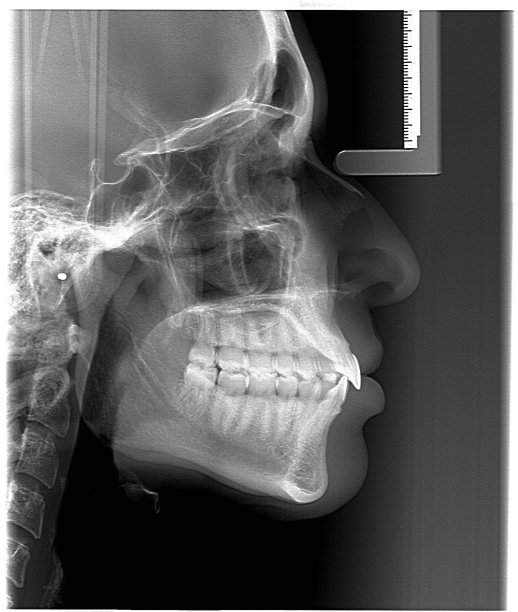The Importance of Timely Dental Care in Avoiding the Need to Extract a Tooth
Summary: Timely dental care plays a crucial role in maintaining oral health and preventing the need to extract teeth. Regular visits to the dentist can identify potential issues before they escalate. This proactive approach helps in maintaining the integrity of natural teeth, enhances overall health, and eliminates the financial burden of complex dental procedures. This article explores the importance of timely dental care through four key aspects: prevention of dental diseases, early intervention strategies, promoting patient education, and maintaining overall health and wellness.
1. Prevention of Dental Diseases

Timely dental care is vital for preventing dental diseases that may compromise the health of teeth. Regular check-ups allow dentists to identify early signs of cavities, gum disease, and other oral infections that can lead to tooth loss. Neglecting dental hygiene can result in plaque buildup and tartar formation, leading to gingivitis or periodontitis—conditions that, if untreated, may necessitate tooth extraction.
Moreover, through preventive care practices such as professional cleanings and fluoride treatments, the risk of developing dental diseases is significantly reduced. These treatments help fortify tooth enamel, making it more resistant to decay. By attending regular dental appointments, patients actively engage in their dental health, promoting longer-lasting teeth and healthier gums.
Additionally, dentists can provide personalized advice on daily oral hygiene practices tailored to individual needs. This education is essential for preventing common dental issues and ensures that patients have the necessary tools to care for their teeth effectively.
2. Early Intervention Strategies
Early intervention is another critical aspect of timely dental care. When dental problems are identified early, they are usually simpler and less costly to treat. For instance, a small cavity can be treated with a filling rather than a root canal or extraction if caught in time. Dentists employ various diagnostic tools, such as X-rays, to evaluate the condition of teeth and their supporting structures to facilitate early treatment.
In some cases, dentists may observe issues such as misalignment or impacted teeth, which could lead to further complications if not treated early. By providing orthodontic evaluations and appropriate referrals, dental professionals can prevent future problems that might result in the removal of teeth. This proactive approach not only preserves teeth but also addresses any cosmetic concerns patients may have.
Furthermore, early intervention helps to alleviate discomfort and pain associated with dental problems. Untreated dental issues can lead to significant pain and discomfort, often resulting in the need for more extensive treatment options. Mitigating these issues early on not only preserves the teeth but also enhances the overall quality of life for patients.
3. Promoting Patient Education
Patient education is a cornerstone of timely dental care. Empowering patients with knowledge allows them to make informed decisions about their dental health. A well-informed patient is more likely to engage in preventive practices and to seek help at the first sign of trouble.
Dentists often utilize consultations as an opportunity to educate patients about the importance of regular dental visits and proper oral hygiene practices. Demonstrating effective brushing and flossing techniques, discussing dietary choices that affect oral health, and addressing the effects of smoking or alcohol consumption are key components of patient education.
Moreover, educating patients about the significance of oral health in relation to overall health can motivate them to prioritize dental care. Research has shown that oral health is linked to various systemic conditions, including heart disease and diabetes. Understanding this connection can encourage more proactive engagement with dental care.
4. Maintaining Overall Health and Wellness
The link between oral health and overall wellness cannot be overstated. Untreated dental issues can lead to serious health problems beyond the mouth, emphasizing the need for timely dental care. For instance, infections that begin in the mouth can spread to other parts of the body, leading to systemic issues that compromise overall health.
By incorporating timely dental care into a holistic approach to health, individuals can not only avoid tooth extraction but also prevent other health complications. Regular dental care fosters a healthier lifestyle by encouraging patients to maintain good nutrition and adhere to preventive health measures.
Furthermore, addressing dental health promotes mental well-being. Individuals who take care of their oral health often experience improved self-esteem and confidence, which contribute positively to their overall quality of life. A healthy smile facilitates social interactions and can have lasting effects on personal and professional relationships.
Summary:
In conclusion, timely dental care is crucial in avoiding the need for tooth extraction. By focusing on prevention, early intervention, patient education, and promoting overall health, individuals can significantly enhance their oral health and avoid complex dental procedures. Investing in regular dental visits not only safeguards natural teeth but also contributes to overall wellness.
This article is compiled by Vickong Dental and the content is for reference only


